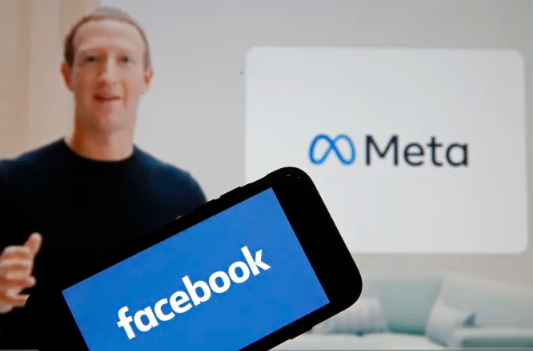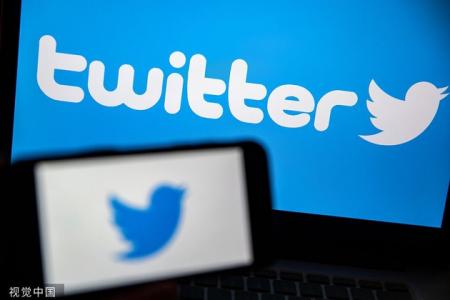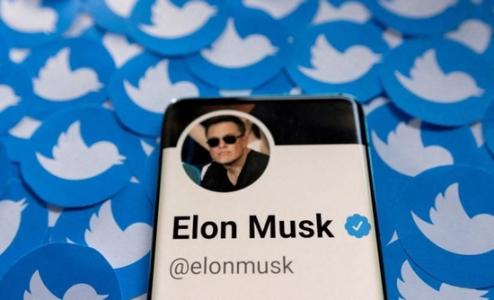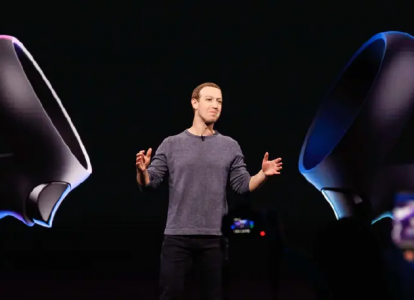your current location is:Home > investHomeinvest
Facebook changed its name for nearly a year, how does "All in Metaverse" work? Zuckerberg needs to clarify these questions first

this year's Facebook Connect conference will open at 10:00 a.m. Eastern Time on October 11th (1:00 a.m. Beijing time on October 12th), when Mark Zuckerberg Greg will give a keynote speech on the Metaverse.
Just about a year ago, Zuckerberg announced to the outside world that Facebook would be renamed Meta. Facebook is the social media company he founded while studying at Harvard. In a keynote speech at last year's Connect conference, Zuckerberg said: "From now on, our priority will be the Metaverse, not Facebook."
So far, Zuckerberg has spent the entire year promoting his metaverse worlds, such as VR Office, VR Universe, VR Games, VR Martial Arts, and more. In addition, Meta is expected to launch a high-end VR headset product during this year's Connect conference.
Metaverse projects are very expensive. Last year alone, Meta spent billions of dollars on the Metaverse, and that cash burn is unlikely to reverse anytime soon. Although Meta is currently undergoing layoffs and restructuring, last year the company announced that it would recruit 10,000 full-time Metaverse employees in Europe.
However, after a year of development, the image of the metaverse is still blurred, and there are still many questions about the metaverse.
Zuckerberg may need to answer again what the metaverse is. Last year, Zuckerberg described the Metaverse as an "internet of experiences." The Internet will no longer be just a thing for people to watch. On Meta's website, the Metaverse is described as "the next evolution of social networking, the successor to the mobile internet."
But these claims fail to clarify the nebulous image of the metaverse. "Apart from early adopters and technologists, the general public remains confused about the metaverse and its uses," said one observer.
This means that Zuckerberg needs to provide a clear and understandable definition of the metaverse to the billions of users on the Meta platform, and explain it.
Is the metaverse cool?
This may not be the most important question, but if it can be answered well, it will play a big role in the follow-up development of the Metaverse, and thus promote Zuckerberg's vision of replacing the mobile Internet with the Metaverse. Right now, the metaverse's image doesn't look all that cool to the outside world -- a problem that's been brought to light in the metaverse gaming platform Horizon Worlds.
Some time ago, to promote the launch of the gaming platform in France and Spain, Zuckerberg shared a photo of his avatar (Avatar) in Horizon Worlds. In the photo, his avatar stands in front of the virtual Eiffel Tower in France and the Sagrada Familia in Spain. But the quality of this photo is very ordinary amateur, not cool at all, which has caused a lot of ridicule on the Internet. To salvage the impact, Zuckerberg quickly shared another photo of the game scene, and promised to provide better image quality for the game.
But it's not just about image quality. Ideally, Zuckerberg's metaverse should deliver a cool experience to people, not just meetings or small talk with strangers in virtual reality. Or at least have a strong appeal to gamers on Roblox or Fortnite platforms. Also, there should be some interesting applications in education or entertainment.
However, as things stand now, it's hard to expect much improvement in Horizon Worlds in the short term. The platform still has so many bugs that Meta's own employees are reluctant to use it.
Developer and Third Party Engagement
Another problem with the Metaverse is that while Zuckerberg wants the Metaverse to be interoperable and an open ecosystem, Meta has so far made little progress in attracting outside developers or third-party companies .
The reason is that Meta charges a 48% commission on the sale of virtual goods in Horizon Worlds. This fee is a bit exorbitant and puts off many creators and potential users. But at the same time, Meta claims to be investing heavily in creators as a priority, and it also slams Apple's "app store tax." Comparing the two, Meta's approach is a bit too double-standard.
Handling Harassment and Disinformation
So far, Meta hasn't written much about how to address possible unintended damage in the Metaverse. The company has taken a largely sanctioned stance on the security of the Metaverse. Nick Clegg, Meta's head of metaverse policy, has talked about creating a security standard for the Metaverse, but so far the company has simply copied the standard it has used in the past.
But the security of virtual worlds is not just a theoretical issue. In February, Meta launched a "Personal Boundary" tool that provides protection for personal spaces in virtual worlds. But the tool was released after sexual harassment issues in the Metaverse were already rampant. While the tool can help address sexual harassment, it has been pointed out that it may objectively encourage other forms of harassment, such as mobbing users.
In terms of security issues, Meta is still largely in the stage of passive response. Experts point out that Meta should take precautions to eliminate problems before they arise.
Augmented reality headsetless experience
Zuckerberg is expected to talk a lot about virtual reality in the future. Meta will unveil its latest VR headset product during this Connect conference. However, it's not clear how exactly augmented reality (AR) will be embedded in Meta's plans for the metaverse. Meta's AR glasses product could be another two years before it hits the market.
Without AR glasses, most of Meta's augmented reality scenes are limited to Instagram and Facebook. While both apps are popular, they're not part of the metaverse. It's unclear if Meta plans to integrate the two social platforms into the Metaverse. In recent days, Zuckerberg said the company is considering the issue, but did not give any further substantive ideas.
He said the idea of integrating Horizon Worlds and Facebook/Instagram so that people can go directly into the Horizon Worlds virtual universe via Facebook or Instagram is valuable. However, he also believes that this issue needs to be treated with care and the Metaverse cannot be made into a mobile experience, because the Metaverse should be a completely new platform and technology, not an extension of existing mobile products.
But the problem is that the user market for VR headsets is still small compared to Facebook and Instagram. If you want to attract more people into the metaverse world, Zuckerberg should create conditions that allow people to experience the wonders of the metaverse on existing devices.
related articles
Article Comments (0)
- This article has not received comments yet, hurry up and grab the first frame~













